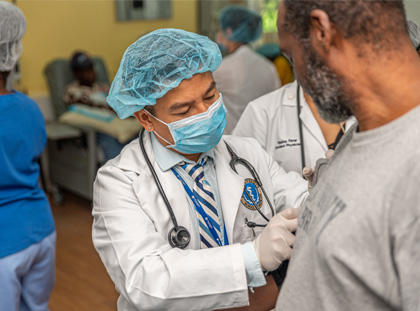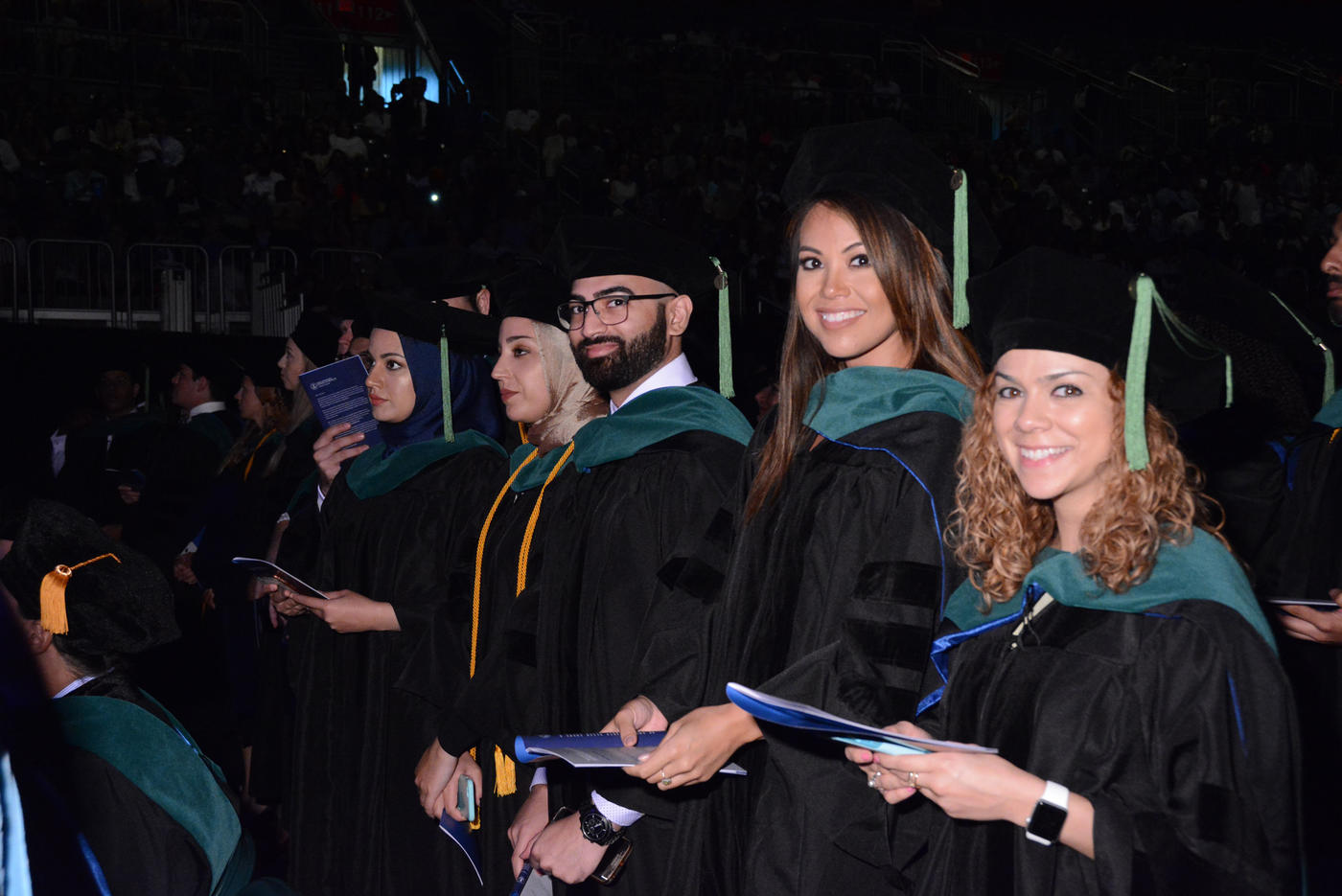When you have decided that a medical career is in your future, you might choose to follow a traditional academic route. Since competition to get into medical school is fierce, you might want to choose from a list of pre-med majors for medical school that can help make acceptance a sure bet. What are the best medical field majors for entry to medical school? Are there really “best” majors for medical school and how can you get an edge on the competition and maximize your admissions odds?
According to data from the Association of American of Medical Colleges (AAMC), approximately 30 percent of the more than 50,000 candidates who took the Medical College Admission Test (MCAT) in 2020 had undergraduate majors for med school that focused on areas other than biological sciences.
Which Undergraduate Degree is Best for Medical School? Medical Majors Examined
It is true that most aspiring medical students typically choose medical majors with a science-focused curriculum because familiarity in this area of study will help with success on the MCAT exam and align with medical school requirements. Because of this, the most popular majors are biological sciences, physical sciences or specialized health sciences. Despite this data, there are no best majors for med school. No particular undergraduate major will guarantee acceptance to medical school.
Admittedly, it is important to research medical school acceptance rates by major and explore what majors medical schools prefer. Based on AAMC data from 2020-2021, physical science majors have the highest acceptance rate at 48%. Biological science is the most popular major as far as applicants and matriculants, however, the acceptance rate is in the middle at 41%. Math and statistics majors are the least common but have the second-highest acceptance rate of 47%. Interestingly, Humanities majors were accepted to medical school at a rate of 46%.
While many applicants with a strong foundation in the sciences feel better prepared for success in the MCAT and in the medical school curriculum, some medical schools find that students with humanities or other non-medical backgrounds make good medical majors, and students are often more effective at the “soft skills” like communicating with patients, critical thinking and the ethical allocation of health resources.
Not Every Prospective Medical School Student is a Science Major: Majors for Med School
According to the AAMC, in 2020-2021, the trend shows that students with Humanities, Math and Statistics, and Physical Sciences tend to achieve the MCAT scores close to that of applicants with biological sciences majors.
The most common majors of applicants to medical school were:
- Biological sciences—12,845 total applicants.
- Physical sciences—4680.
- Social sciences—4,810.
- Specialized health sciences—2014.
- Humanities—1738.
- Math and statistics—342.
Applicants in non-science majors had mean MCAT scores close to or greater than those in the biological sciences, physical sciences and specialized health care sciences, with all majors close in average GPA scores of 3.58.
How Medical Schools Review Applications: Is There a Best Degree for Med School?
Based the AAMC data, choice of major doesn’t influence medical school admissions rates over GPA and MCAT scores, and undergraduate majors seem to have little impact on admissions decisions. While the goal should be to do your best on the MCAT and have a high GPA score, and some schools may weigh these factors heavily, a non-science degree won’t dissuade an admissions committee from selecting a great candidate. Despite the inclination of students in the biological sciences to often be drawn to a career in medicine, don’t be pressured into selecting a degree based on what you think the admissions committee will favor.
This research shows there aren’t any “best” medical majors, but there are majors that may make it more likely for you to earn a high GPA or MCAT score. The best advice is to choose an undergraduate major that interests you and allows you to achieve academically, while making sure you succeed in the medical school prerequisite requirements and fit research experience in with the major you choose. A smart approach is to work with your school academic advisors when scheduling your classes.
In addition, demonstrate in your application materials that you’ve done well in science courses and have exceptional personal attributes such as leadership, creativity, exposure to clinical medicine and a history of community service. Applicants can display this through involvement in extracurricular activities, letters of evaluation and in their personal statement.
The Admissions Team at Ross University School of Medicine (RUSM) evaluates prospective students who can show evidence of good judgment and compassion, as well as factors such as undergraduate performance, knowledge of the medical profession, interpersonal skills, motivation, personal character and clinical experience. RUSM reviews a diverse mix of majors from applicants with well-balanced academic backgrounds.
Admissions associates are available to answer any questions about applying to RUSM and provide additional information to guide you through your application. You can reach the Admissions Office at 1-855-MDROSSU (855-637-6778) or email admissions@rossu.edu. Discuss your educational and career goals with our staff.



